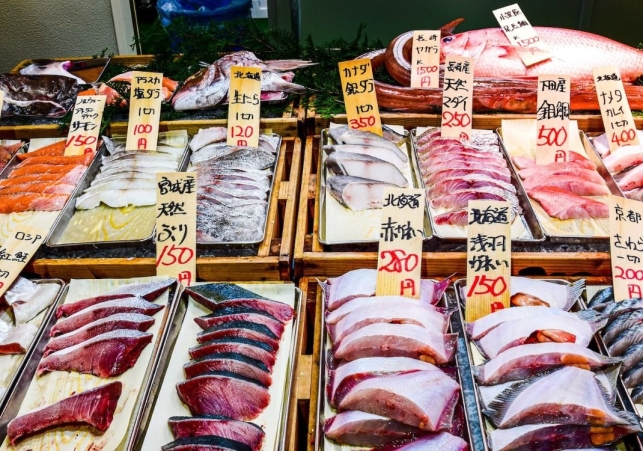
China bans Japanese seafood over Fukushima wastewater
China imposes ban on Japanese seafood following Fukushima Nuclear Plant's wastewater discharge
The Fukushima Daiichi nuclear power plant in Japan recently commenced the release of treated radioactive water into the Pacific Ocean, more than 12 years after a catastrophic earthquake and tsunami caused nuclear meltdowns at the facility. This move, aimed at creating space for decommissioning and preventing accidental leaks, has stirred considerable controversy, with China banning seafood imports from Japan in response.
Many Japanese fisher groups have expressed concerns that this release could harm the reputation of their seafood. Likewise, groups in China and South Korea have raised concerns about the potential environmental and health risks. While the Japanese government and the plant's operator, Tokyo Electric Power Company Holdings (TEPCO), argue that the treatment and dilution processes will make the water safer than international standards, some scientists remain worried about the long-term effects of the remaining low-dose radioactivity in the water.
Safety measures and international oversight
To address these concerns, the International Atomic Energy Agency (IAEA) has deployed experts to ensure that the discharge complies with safety standards. The IAEA will also provide live data about the release on a dedicated webpage and maintain an on-site presence throughout the process.
The release of treated wastewater marks a significant step in the ongoing efforts to manage the Fukushima disaster's aftermath. The plant has been grappling with a growing stockpile of radioactive water, which has hindered the removal of toxic melted debris from the reactors. Clearing space by releasing the water is essential for the decommissioning process.
ALSO READ: Russian plane crash: Wagner leader Yevgeny Prigozhin among victims, Investigation underway
Challenges ahead
Fukushima's fisheries, tourism, and economy are still recovering from the 2011 disaster, and this release raises concerns about potential setbacks. Additionally, China has tightened radiation testing on Japanese products from Fukushima and nearby prefectures, impacting exports. The Japanese government, however, insists that the release is necessary and cannot be delayed.
In conclusion, the release of treated radioactive water from the Fukushima Daiichi nuclear power plant into the Pacific Ocean has ignited a contentious debate involving environmental and safety concerns. International oversight and safety measures have been put in place to monitor the situation closely. The release, albeit controversial, is seen as a necessary step to pave the way for the plant's decommissioning, even as it raises apprehensions about its impact on the region's fisheries and economy.
ALSO READ: Tragic shooting at historic Biker Bar in California leaves five dead





